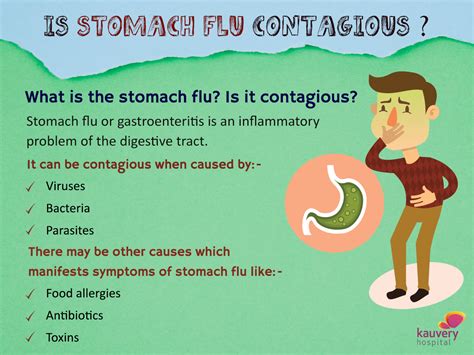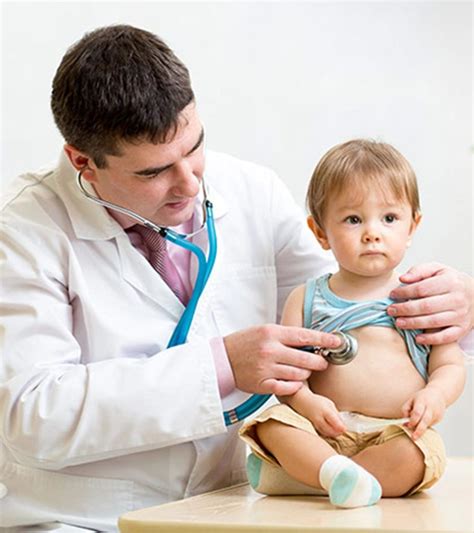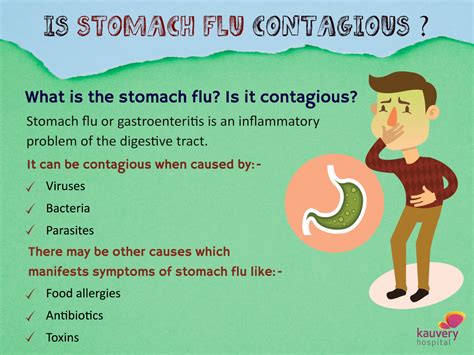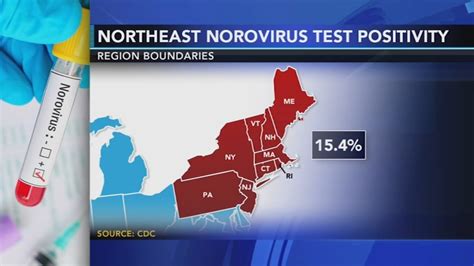Intro
Discover 5 ways to soothe infant stomach bugs, including remedies for viral gastroenteritis, digestive issues, and baby diarrhea, to help your little one recover from stomach flu and other tummy troubles.
The health and wellbeing of infants is a top priority for parents and caregivers, and one common issue that can cause significant distress is a stomach bug. Infant stomach bugs, also known as viral gastroenteritis, can cause a range of symptoms including diarrhea, vomiting, and abdominal pain. In this article, we will explore the topic of infant stomach bugs, including the causes, symptoms, and treatment options.
Infant stomach bugs are highly contagious and can spread quickly through close contact with an infected person, contaminated food and water, and poor hygiene practices. The most common cause of infant stomach bugs is the rotavirus, which is a highly infectious virus that can spread through the fecal-oral route. Other causes of infant stomach bugs include norovirus, adenovirus, and astrovirus.
The symptoms of an infant stomach bug can vary depending on the cause and severity of the infection. Common symptoms include diarrhea, vomiting, abdominal pain, fever, and loss of appetite. In severe cases, infant stomach bugs can lead to dehydration, which can be life-threatening if left untreated. It is essential for parents and caregivers to recognize the symptoms of an infant stomach bug and seek medical attention if they suspect their child is infected.
Causes of Infant Stomach Bugs

Types of Viral Infections
There are several types of viral infections that can cause infant stomach bugs, including: * Rotavirus: This is the most common cause of infant stomach bugs and is highly infectious. * Norovirus: This is a highly contagious virus that can spread through close contact with an infected person, contaminated food and water, and poor hygiene practices. * Adenovirus: This is a common cause of infant stomach bugs and can spread through close contact with an infected person. * Astrovirus: This is a less common cause of infant stomach bugs, but can still cause significant symptoms.Symptoms of Infant Stomach Bugs

Severe Symptoms
In severe cases, infant stomach bugs can lead to dehydration, which can be life-threatening if left untreated. Severe symptoms include: * Severe diarrhea and vomiting * Abdominal pain and tenderness * Fever above 102°F (39°C) * Signs of dehydration, such as dry mouth, sunken eyes, and decreased urine outputTreatment Options for Infant Stomach Bugs

In severe cases, infant stomach bugs may require medical attention and treatment with:
- Antibiotics: These can be prescribed to treat bacterial infections, such as salmonella and E. coli.
- Antiviral medications: These can be prescribed to treat viral infections, such as rotavirus and norovirus.
- Hospitalization: This may be necessary in severe cases to provide supportive care and prevent dehydration.
Prevention Strategies
There are several prevention strategies that can help to reduce the risk of infant stomach bugs, including: * Good hygiene practices: This includes washing hands frequently, especially after changing diapers and before feeding. * Proper food handling: This includes storing and preparing food safely to prevent contamination. * Avoiding close contact: This includes avoiding close contact with anyone who is infected with a stomach bug. * Vaccination: This includes vaccinating against rotavirus, which is a common cause of infant stomach bugs.Complications of Infant Stomach Bugs

Long-term Effects
In some cases, infant stomach bugs can have long-term effects, such as: * Increased risk of future infections: This can occur due to the development of antibodies against the infecting organism. * Increased risk of allergies: This can occur due to the disruption of the gut microbiome. * Increased risk of autoimmune disorders: This can occur due to the disruption of the immune system.Diagnosing Infant Stomach Bugs

Stool Tests
Stool tests can be used to confirm the diagnosis of an infant stomach bug. These tests can include: * Rotavirus antigen test: This test can detect the presence of rotavirus in the stool. * Norovirus antigen test: This test can detect the presence of norovirus in the stool. * Bacterial culture: This test can detect the presence of bacteria, such as salmonella and E. coli, in the stool.Managing Infant Stomach Bugs at Home

When to Seek Medical Attention
It is essential to seek medical attention if the infant shows any signs of severe illness, such as: * Severe diarrhea and vomiting * Abdominal pain and tenderness * Fever above 102°F (39°C) * Signs of dehydration, such as dry mouth, sunken eyes, and decreased urine outputWhat are the most common causes of infant stomach bugs?
+The most common causes of infant stomach bugs are viral infections, such as rotavirus and norovirus. Bacterial infections, such as salmonella and E. coli, can also cause infant stomach bugs, although these are less common.
What are the symptoms of an infant stomach bug?
+The symptoms of an infant stomach bug can include diarrhea, vomiting, abdominal pain, fever, and loss of appetite. In severe cases, infant stomach bugs can lead to dehydration, which can be life-threatening if left untreated.
How can I prevent infant stomach bugs?
+There are several prevention strategies that can help to reduce the risk of infant stomach bugs, including good hygiene practices, proper food handling, avoiding close contact with anyone who is infected, and vaccination against rotavirus.
We hope this article has provided you with a comprehensive understanding of infant stomach bugs, including the causes, symptoms, treatment options, and prevention strategies. If you have any further questions or concerns, please do not hesitate to comment below or share this article with others who may find it helpful. Remember, it is always better to err on the side of caution when it comes to the health and wellbeing of your infant, and seeking medical attention if you suspect your child is infected with a stomach bug can help to prevent serious complications and ensure a speedy recovery.
